Hic,
hic, hic! If you can’t stop going ‘hic,’ then you have landed on the
right page. Most people find hiccups amusing. However, some forms of
hiccups can be irritating as they last much longer and are indeed more
severe at times.
So want to know how you can get rid of those pestering hiccups in the easiest possible way? Give this post a read!
Hiccups are a reaction to common digestive disorders or disturbances. When the digestive muscle experiences convulsions, it pulls on the stomach causing it to draw in air. As air is a foreign entity in the stomach, the body responds to this condition by closing the glottis (cover of the air tract) causing the characteristic ‘hic’ sound.
So want to know how you can get rid of those pestering hiccups in the easiest possible way? Give this post a read!
Hiccups – What And How
Hiccups are a temporary condition caused during eating or drinking. They usually occur when the diaphragm contracts involuntarily. The diaphragm is the muscle that holds the lungs in place (1). The contraction results in a sharp intake of breath, which is stopped by the instantaneous closing of the glottis (or vocal cord). This entire process causes the hiccup, and the sound created by the process is what gives the hiccup its signature sound (2).Hiccups are a reaction to common digestive disorders or disturbances. When the digestive muscle experiences convulsions, it pulls on the stomach causing it to draw in air. As air is a foreign entity in the stomach, the body responds to this condition by closing the glottis (cover of the air tract) causing the characteristic ‘hic’ sound.
Causes Of Hiccups
Hiccups can be caused by many reasons. We list here some commonly known ones:1. Eating Too Fast
2. Overeating
Overeating can increase your chances of contracting hiccups. Foods laced with fat, aerated drinks, sugar-laced beverages, and even excess alcohol can trigger hiccups.3. Reflex Action
In some cases, the stomach is stretched. When you devour too much food and air you tend to hiccup. This hiccup sometimes occurs as a reflex action to prevent choking.4. Medical Disorders
In some cases, medical conditions like renal failure, encephalitis, brain trauma, stroke, and brain tumor can lead to hiccups (3).5. Nerve Damage
Sometimes, damage to the phrenic or vagus nerve can result in an unusually long bout of hiccups.6. Acid Reflux
Acid reflux is one of the primary causes of hiccups. Many medications like Xanax, Valium and Ativan, have been known to cause hiccups. Other drugs that can lead to hiccups include levodopa, ondansetron, and nicotine (4, 5, 6).7. Toxic Fumes
Toxic fumes and poisonous gases can also result in hiccups.8. GERD (Gastroesophageal Reflux)
This is usually most common in infants who are under one year old. Babies who suffer from excessive GERD can suffer from hiccups.9. Stress
Sometimes, hiccups can also occur due to stress. Anxiety has been known to cause temporary hiccups, and in some cases, hiccups were found to last much longer than usual.Hiccups which continue for more than 48 hours are known as persistent hiccups. Sometimes, they can even last up to a month and are called as intractable hiccups. Both these kinds of hiccups present various associated health risks and should be examined by a doctor immediately.
Causes Of Persistent Or Intractable Hiccups
1. Nervous System Disorders
Sometimes, nervous system problems like cancer, stroke, injuries, and other infections can lead to hiccups (7).2. Metabolic Problems
For those suffering from low or high metabolic activity, hiccups can be a reasonably common occurrence. Other chemical problems like hyperventilation or reduced kidney functioning can also lead to hiccups.3. Mental Health Problems
Hiccups can also occur in people who face persistent mental health issues like personality disorders, autism, and in some cases even depression and anxiety.Hiccups Remedies That Work
1. Honey For Hiccups
You Will Need
1 tablespoon honeyWhat You Have To Do
If you find yourself hiccupping continuously, gulp down a tablespoon full of honey.How Often Should You Do This
Doing this once should stop the hiccups.Why This Works
Gulping down honey eases the hiccup sensation. The swallowing action, coupled with the warmth of honey, will relieve you of the hiccups (8).2. Yogurt For Hiccups
You Will Need
- 1 cup plain yogurt
- 1 teaspoon salt
What You Have To Do
- Mix the salt in the yogurt to get a homogenous mixture.
- Eat this yogurt slowly.
How Often Should You Do This
You should get relief within the first usage of this remedy.Why This Works
Just a few spoons of this mixture – that’s all you need for instant relief from those spontaneous ‘hics’ (9). The yogurt calms down the diaphragm and stops the hiccups. Yogurt is also more alkaline in nature, so the pH can help calm hiccups caused by problems with excess acidity.3. Ice For Hiccups
You Will Need
- Few ice cubes
- A glass of water
What You Have To Do
- Add a few cubes of ice to a glass of water and drink.
- An alternate solution is to wrap a few cubes of ice in a clean, thin cloth and apply it to the back of the neck.
How Often Should You Do This
A glass of this chilled water will calm down the hiccups.Why This Works
Cold water is believed to shock the digestive tract and cure hiccups immediately (10). You might find yourself gasping for a few seconds, but this is nothing to be alarmed about. Take deep breaths to regain your normal breathing cycle. The hiccups will be gone in a jiffy! Also, when sipping the water, swallow the water with your chin touching your chest. This can help stop the hiccup reflex.4. Sugar For Hiccups
You Will Need
1 teaspoon sugarWhat You Have To Do
Hold the sugar in your mouth for about thirty seconds while it dissolves, then chew, and swallow slowly.How Often Should You Do This
Repeat if required.Why This Works
Sugar is one of the oldest remedies for hiccups. This leads to excess sweetness in the mouth that is believed to be an excellent cure for hiccups (11).5. Cardamom Powder For Hiccups
You Will Need
- 1 teaspoon cardamom powder
- 1 1/2 cups water
What You Have To Do
- Boil freshly ground cardamom powder in water over low heat.
- Allow the liquid to cool and strain.
- Drink the resulting filtrate.
How Often Should You Do This
Powdered cardamom is known to offer relief from hiccups almost instantly.Why This Works
Cardamom powder helps to relax the muscles of the diaphragm (12). One of the best ways to cure hiccups, this remedy works by flushing out excess alcohol from the system, relaxing the diaphragm muscles further.6. Lemon For Hiccups
You Will Need
- 1 lemon wedge
- Sugar
What You Have To Do
Sprinkle sugar on the lemon wedge and bite into this.How Often Should You Do This
The hiccups will stop in a couple of seconds.Why This Works
The sour taste of this fruit helps to saturate the mouth and the digestive tract. It stimulates the nerves that are causing the spasm (13).7. Water For Hiccups
You Will Need
3-4 glasses cool waterWhat You Have To Do
Gulp down the cool water for a severe case of hiccups.How Often Should You Do This
A single time usage of this remedy is enough.Why This Works
A simple yet highly effective home remedy for hiccups is by drinking a glass of water, slowly. The swallowing mechanism relaxes the muscles of the diaphragm. It lengthens the gap between each hiccup and eventually relieves you of the hiccups.8. Ginger For Hiccups
You Will Need
GingerWhat You Have To Do
- Take 2-3 small pieces of ginger and place them in your mouth.
- Suck on these pieces for a few minutes.
How Often Should You Do This
Ginger will relieve the hiccups in the first time.Why This Works
Ginger is an excellent remedy to get rid of the annoying hiccups. Its anti-inflammatory properties will relax the diaphragm muscle. Ginger is also good for hiccups causes by indigestion (14).9. Asafoetida For Hiccups
You Will Need
- 1 teaspoon asafoetida powder
- 1 tablespoon clarified butter
What You Have To Do
- Add the asafoetida to the butter and mix well.
- Swallow this mixture.
How Often Should You Do This
Use this remedy as and when required.Why This Works
Though asafoetida, also known as ‘hing’ sounds like an unconventional remedy, it is a powerful agent that relaxes the muscles of the diaphragm (15). It is extremely potent and works really fast to provide rapid relief from hiccups.10. Chamomile Tea For Hiccups
You Will Need
- 1 teaspoon dried chamomile herb or a chamomile tea bag
- A cup of hot water
- Few drops of lemon juice
What You Have To Do
- Brew fresh chamomile tea by steeping the herb in hot water for a few minutes.
- Add a few drops of lemon juice for taste and drink this herbal tea.
How Often Should You Do This
A cup of chamomile tea should make the hiccups go away.Why This Works
Chamomile is a natural muscle relaxant that soothes the muscles in the diaphragm to ease contractions and controls hiccups (16).11. Gripe Water For Hiccups
You Will Need
- 1 tablespoon gripe water
- 1 tablespoon water
- A dropper
What You Have To Do
- Dilute the gripe water with equal amount of water.
- Administer this to the baby drop by drop.
How Often You Should Do This
Do not give more than recommended dosage to the baby. Consult your doctor if the hiccups persist.Why This Works
This remedy is excellent for infants and toddlers. It is used by mothers around the world to relieve hiccups and gas in their babies (17). It contains ingredients such as dill and ginger which are effective in stopping the hiccups (18).Caution
Make sure that the gripe water does not contain alcohol and also that your baby is not allergic to any of the other constituents.12. Grape Jelly For Hiccups
You Will Need
1 tablespoon grape jellyWhat You Have To Do
Simply eat a tablespoon of this jelly.How Often You Should Do This
Repeat if required.Why This Works
While it is unclear how grape jelly works to cure hiccups, it is a remedy that is sworn by many people. It has been tested and tried by ‘hiccup sufferers’ everywhere. You can’t say no to grape jelly, right?13. Peanut Butter For Hiccups
You Will Need
1 tablespoon of peanut butterWhat You Have To Do
Simply eat the peanut butter off the spoon. You can also use almond butter or even chocolate spread.How Often You Should Do This
A tablespoon should suffice.Why This Works
While trying to eat the peanut butter, your breathing patterns are altered putting an end to those hiccups. This is definitely the yummiest of all the remedies.14. Vinegar For Hiccups
You Will Need
- 1 teaspoon apple cider vinegar
- 1 teaspoon maple syrup
- A glass of warm water
What You Have To Do
Mix the vinegar and maple syrup in the warm water and drink this.How Often You Should Do This
You should get relief from hiccups with just a glass of this concoction.Why This Works
This warm drink not only stops hiccups but also soothes the throat (19).These remedies are excellent for the short-term and spontaneous hiccups. For persistent and intractable hiccoughs, the treatment can be different and usually depends on the source of the hiccup. People also opt for hypnosis or even acupuncture to treat persistent hiccups.
What Are The Symptoms Of Hiccups?
The peculiar ‘hic’ sound is the most typical symptom of hiccups. You may also experience some tightness in your chest or abdomen before the hiccup sound (20).Foods To Be Avoided
Hiccups are not the result of a bad diet, eating habits, or lifestyle. While there is no specific diet plan for those who are frequently afflicted with hiccups, there are a few foods one can avoid while experiencing this condition. These foods aggravate the condition and can prolong hiccups.- Avoid aerated drinks, including plain soda, as the gas causes belching, worsening the hiccups.
- Spicy foods also change the regular breathing pattern that can cause and increase hiccups.
- If you are hiccupping during a meal, it is best to stop eating until your hiccups have subsided completely, as this could worsen the situation by causing you to choke.
- Eating small portions averts gas formation in the stomach, preventing hiccups from occurring.
- Staying away from acidic foods can also prevent hiccups.
Some Other Facts About Hiccups
By now, you know how hiccoughs occur and how to treat them. Let’s look at some interesting facts about hiccoughs.- Hiccups can be treated in many ways like gulping water, pulling out the tongue, sucking on a lemon, and whiffing some smelling salt.
- Doctors will usually refrain from prescribing you strong medications like haloperidol (Haldol), metoclopramide (Reglan) and chlorpromazine (Thorazine), even for persistent hiccups. Watch out for those doctors that do (21).
Source Click here

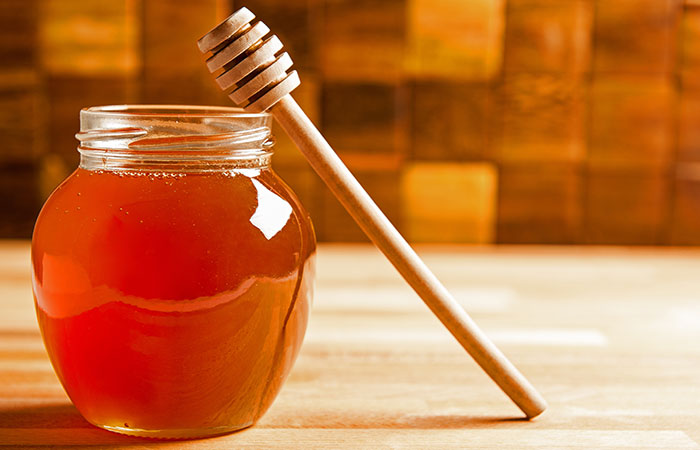
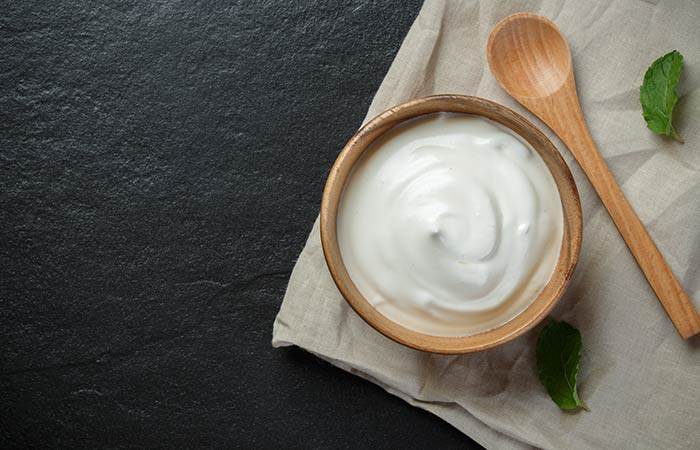
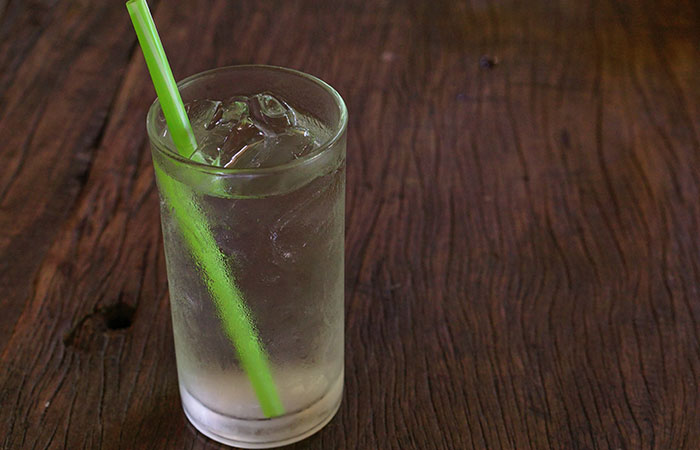
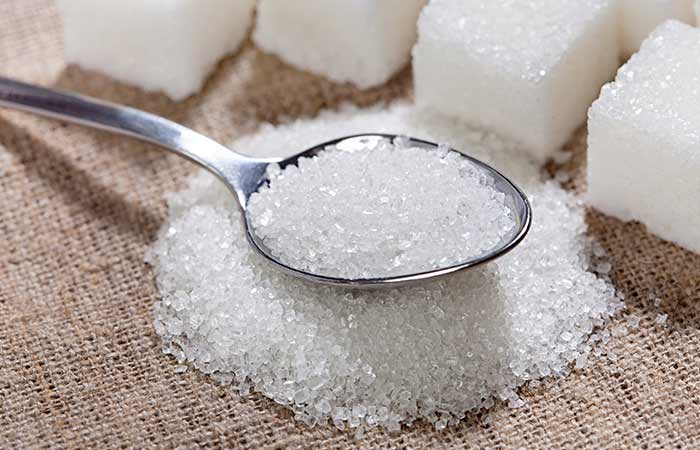
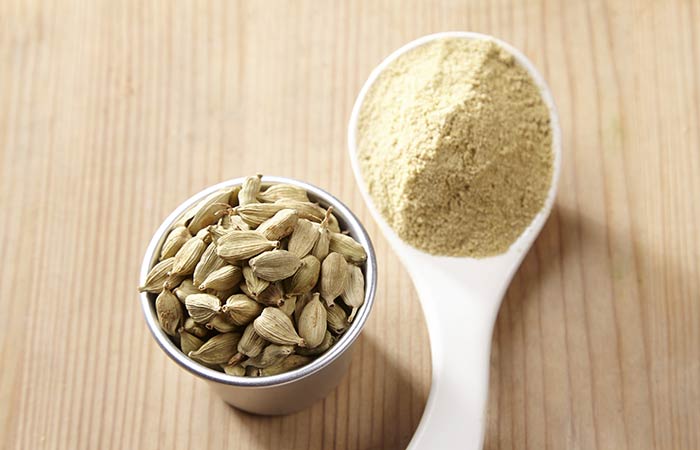
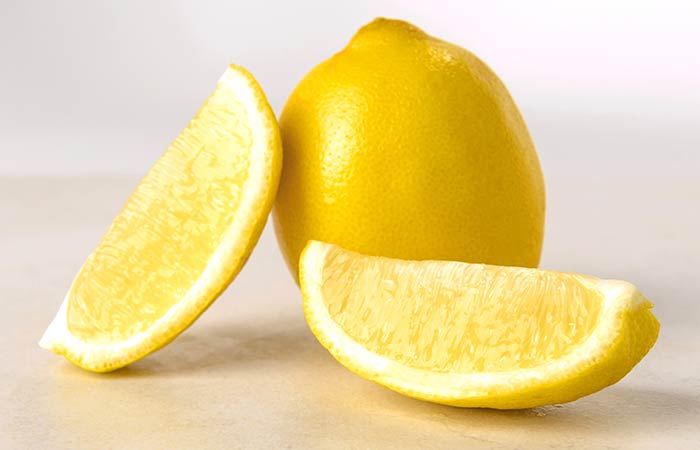
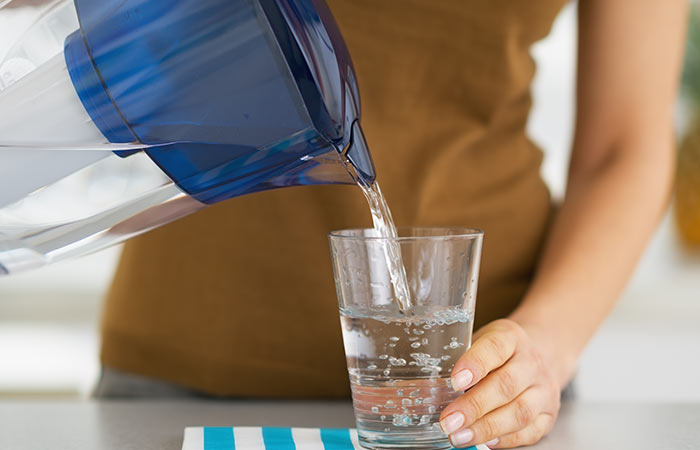
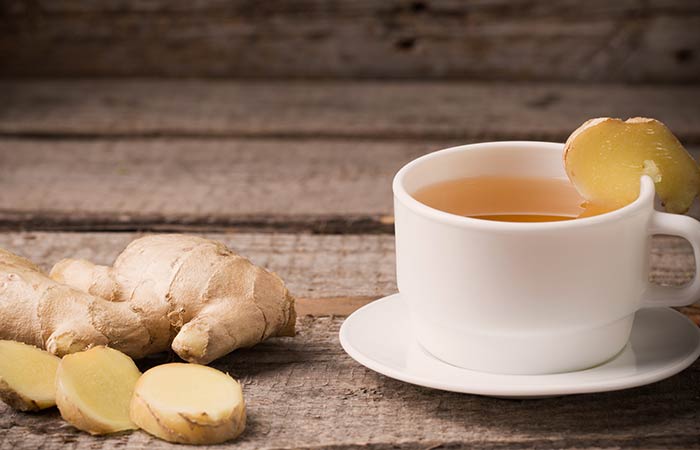
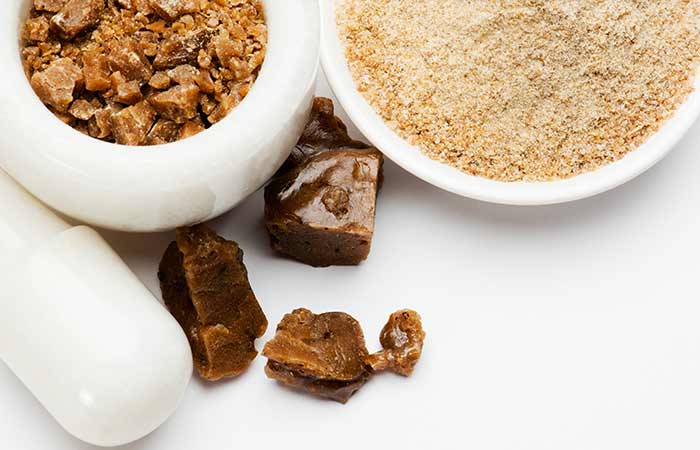
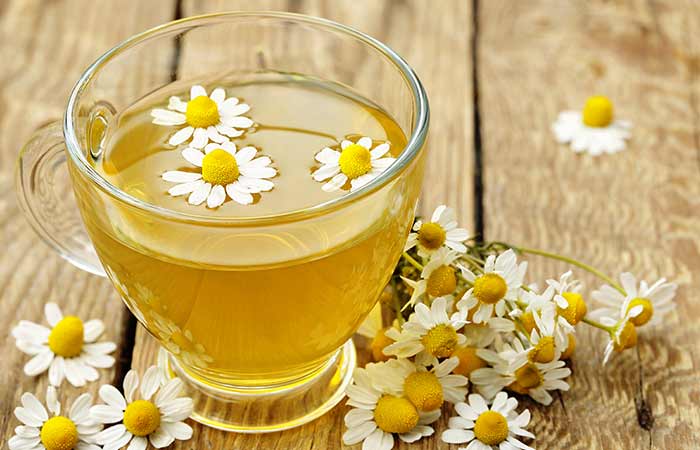
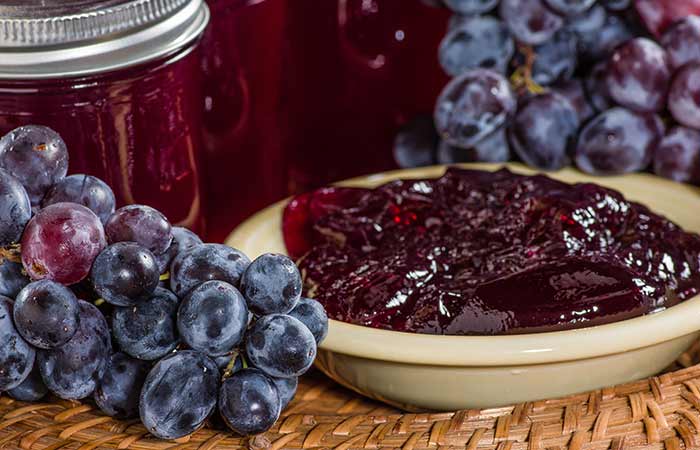
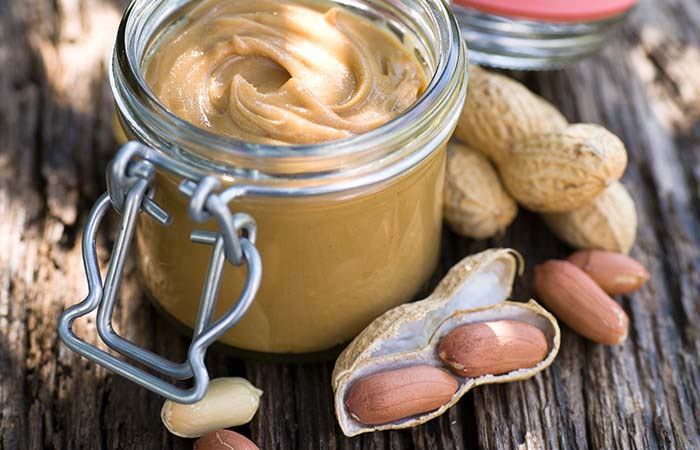
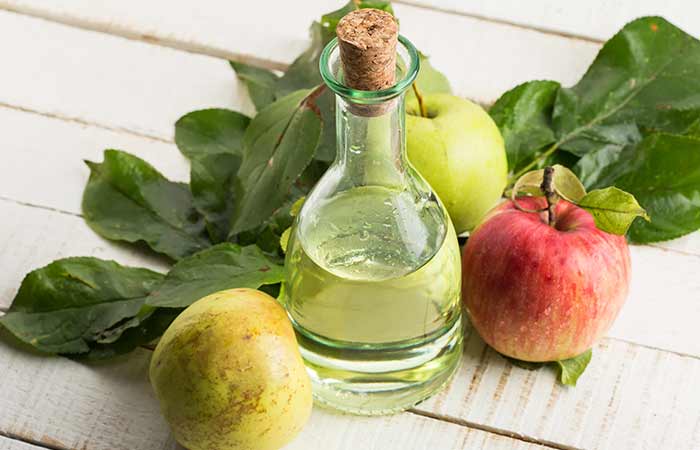
Comments
Post a Comment